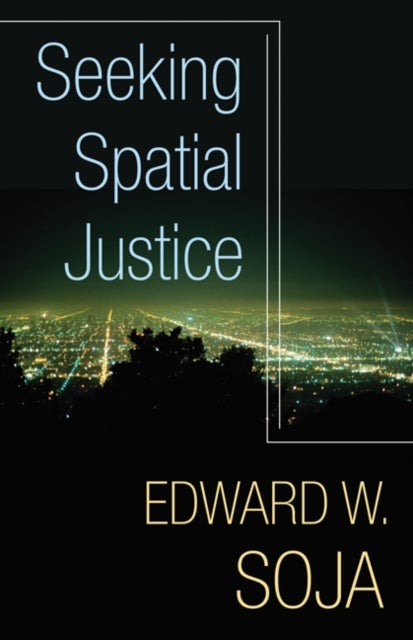
Seeking Spatial Justice av Edward W. Soja
329,-
<DIV>In 1996, the Los Angeles Bus Riders Union, a grassroots advocacy organization, won a historic legal victory against the city’s Metropolitan Transit Authority. The resulting consent decree forced the MTA for a period of ten years to essentially reorient the mass transit system to better serve the city’s poorest residents. A stunning reversal of conventional governance and planning in urban America, which almost always favors wealthier residents, this decision is also, for renowned urban theorist Edward W. Soja, a concrete example of spatial justice in action.</DIV><DIV> </DIV><DIV><i>In Seeking Spatial Justice</i>, Soja argues that justice has a geography and that the equitable distribution of resources, services, and access is a basic human right. Building on current concerns in critical geography and the new spatial consciousness, Soja interweaves theory and practice, offering new ways of understanding and changing the unjust geographies in which we live. After tracin








